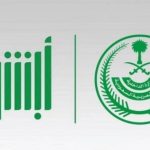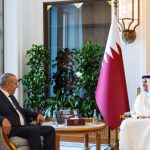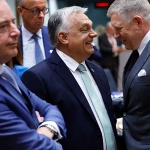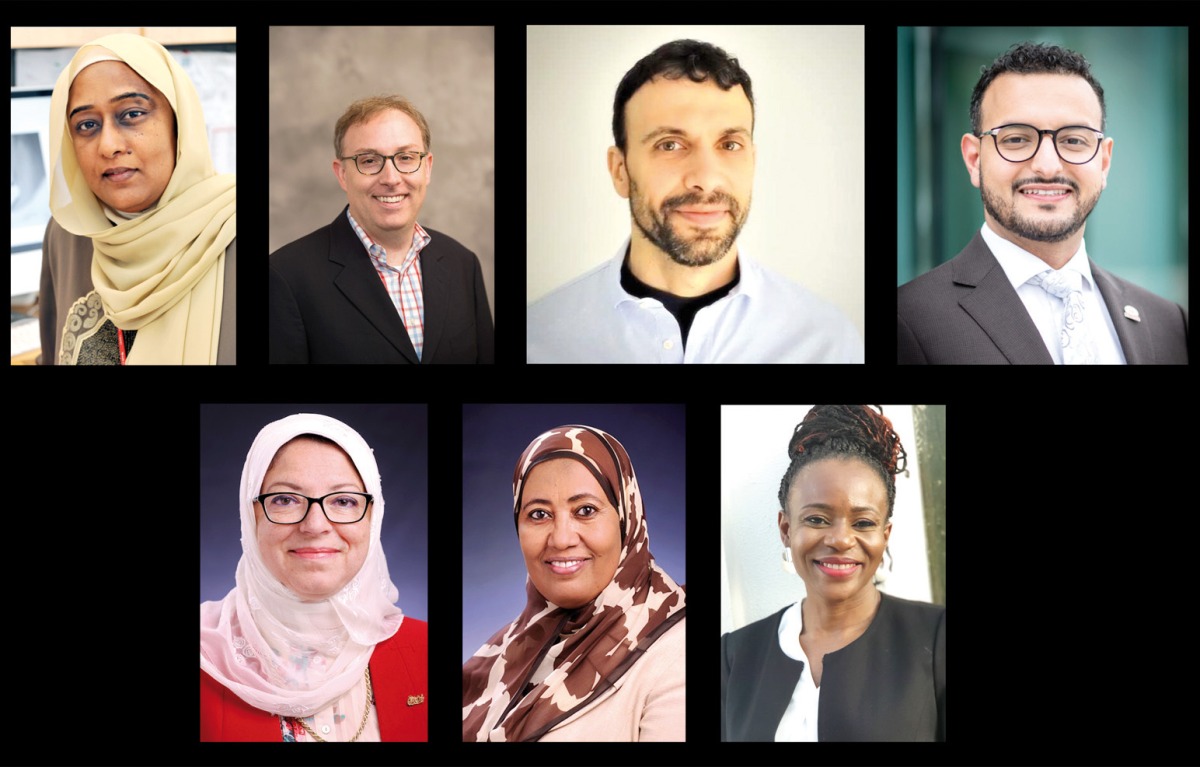The Division of Continuing Professional Development (CPD) at Weill Cornell Medicine-Qatar (WCM-Q) organized a virtual workshop on mixed methods research (MMR) titled, “Learning and Applying Essentials of Mixed Methods Research (MMR).” The workshop aimed to help participants understand and apply the key features of well-integrated MMR studies, providing them with the tools to respond effectively to peer-review feedback. MMR combines qualitative and quantitative data to offer a comprehensive understanding of complex phenomena, making it particularly valuable for healthcare research.
The workshop attracted a diverse group of attendees, including physicians, allied health professionals, dentists, nurses, pharmacists, researchers, educators, students, and trainees. Dr. Timothy C. Guetterman, assistant professor and associate director of the Mixed Methods Programme at the University of Michigan, and Dr. Amal Khidir, associate professor of pediatrics and vice-chair of the Institutional Review Board (IRB) at WCM-Q, led the workshop. They were joined by experts Dr. Sergi Fàbregues and Dr. Meshari F. Alwashmi, both affiliated with the Mixed Methods Programme at the University of Michigan.
The workshop was facilitated by Dr. Maha Elnashar, Huda Abdelrahim, and Dr. Phyllis Muffuh Navti, emphasizing the practical application of MMR concepts through activities like the Mixed Methods Treasure Hunt. Dr. Khidir highlighted the impact of the workshop, stating that participants gained a foundational understanding and practical experience in MMR, with positive feedback confirming the value of such training. The integration of qualitative and quantitative methods in healthcare research allows for a more nuanced and complete understanding of research findings, contributing to more effective healthcare solutions.
The importance of MMR in contemporary healthcare research was underscored by Dr. Khidir, pointing out that the integration of qualitative and quantitative methods leads to a more comprehensive understanding of research findings. She emphasized the workshop’s focus on hands-on activities to apply MMR concepts and designs, providing participants with valuable experience that they can implement in their own research. The positive feedback from attendees highlighted the importance of such training opportunities, indicating a demand for similar sessions in the future.
The workshop was accredited locally by the Ministry of Public Health’s Department of Healthcare Professions – Accreditation Section and internationally by the Accreditation Council for Continuing Medical Education (ACCME). The accreditation ensures that participants received high-quality education in MMR, allowing them to apply their new knowledge and skills to their research effectively. The success of the workshop and the positive feedback from attendees demonstrate the value of investing in professional development opportunities like the MMR workshop.










